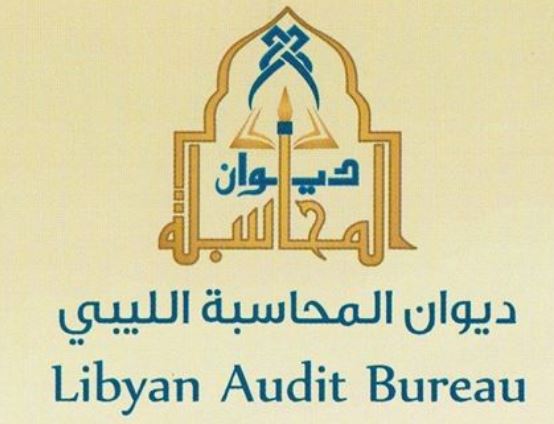Leading Libyan businessman Husni Bey questioned Caretaker Prime Minister Abd Alhamid Aldabaiba’s decision to promise to distribute free plots of land and half-constructed apartments.
‘‘Aldabaiba since taking office has been making promises at large, reconstruction funds in billions of Libyan Dinars, instructing banks to open-up financing to SMEs, and on the anniversary of revolution more spending promises.
During his short speech to the gathered thousands last Friday at the celebrations of the 11th anniversary of the February 17 Revolution in Tripoli’s main square, Martyrs Square, Aldabaiba had said that starting Sunday (yesterday), his government would start distributing 50,000 plots of land free for young people across the country. He forgot that the land registry has been closed since 2011 and his priority should be to activate the Land Registry
Banks need assets in guarantee of any loans
He promised that loans would also be granted by the state Savings and Investment Bank so that the youth can build on the plots of land, in addition to distributing 100,000 under-construction apartments to young people to complete through allocated loans. He forgot that the state Savings and Investment banks and commercial banks manage depositors’ funds and that banks need assets in guarantee of any loans.
Promises are a costly drop in the ocean
The youth in Libya number 2 million and the ones promised the freebies are 150,00 or 7.5 percent of the total.” The Caretaker Prime Minister had also promised more money for the war wounded, the unimplemented increased Ministry of Interior salaries, broader health insurance and a continuation of his populist flagship, the marriage allowance.
Should have concentrated on economic fundamentals
‘‘Personally, I wished the PM had addressed the much-needed economic fundamentals hindering economic growth to diversify the economy such as opening the land registry and activate the urban planning and zoning committees’’
Unplanned, unlicensed construction with zero banking credit value
‘‘70 percent of all Libya’s residential, commercial, and industrial buildings and construction are unlicensed, haphazardly built, without city plans, many with dubious title of ownership. The value of these is over LD 2 trillion but have no banking credit value. ZERO!’’
There are more urgent priorities
Bey hoped Aldabaiba would address and prioritise more urgent issues such as: the economic stagflation, the NOC budget, the unification of the CBL Board of Directors, the unification of the interbank clearing system, budgetary issues such as the government budget, 90 percent of which is allocated to consumerism (LD 60 billion in government wages and the 47 billion of subsidies for fuel and energy). ‘‘These are issues that keep causing instability and good reason for unfair distribution of resources and wealth.’’
He complained that ‘‘No or little budget is left for infrastructure and capital costs and investment including in the oil sector which represents 65 percent of GDP and 92 percent of the government budget and 98 percent of the balance of trade.’’
Banks are not charities
Commenting on the free-for-all handout that further enshrines the Qaddafi-type centralist welfare rentier state, Husni Bey said ‘‘The Real Estate Savings and Financing Bank is not a charitable institution, and the goal of its establishment is real estate development and making profits. The minimum value of 100,000 properties (apartments) is 20 billion dinars, but the properties are not complete.
The cost is unsustainable
Breaking down the real cost of Aldabaiba’s promises, Bey explained that ‘‘Allocating the distribution of 50,000 plots of land that need real estate to be built on, of which the cost of completion and construction without infrastructure would be no less than LD 7.5 billion, yet the total capital of Libyan banks combined does not exceed this amount.’’
The population at large will pay the long-term price of political giveaways
Bey went on, ‘‘Question: Is this possible to implement? Yes, it is possible, as 150,000 people will benefit for free from Aldabaiba’s decision, but the rest of Libya’s population of 7 million will end up paying for it.
My conclusion is that everything free is welcomed by the beneficiary and everything said to be free is a misrepresentation and its implementation may be impossible. The economic fall back on Libya will be catastrophic. I do not believe in present day miracles.’’











